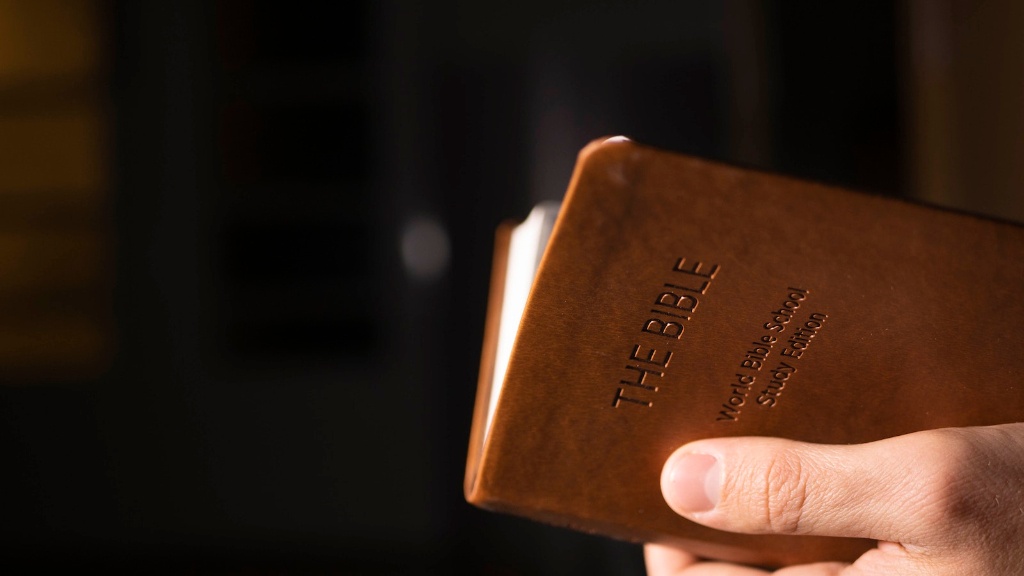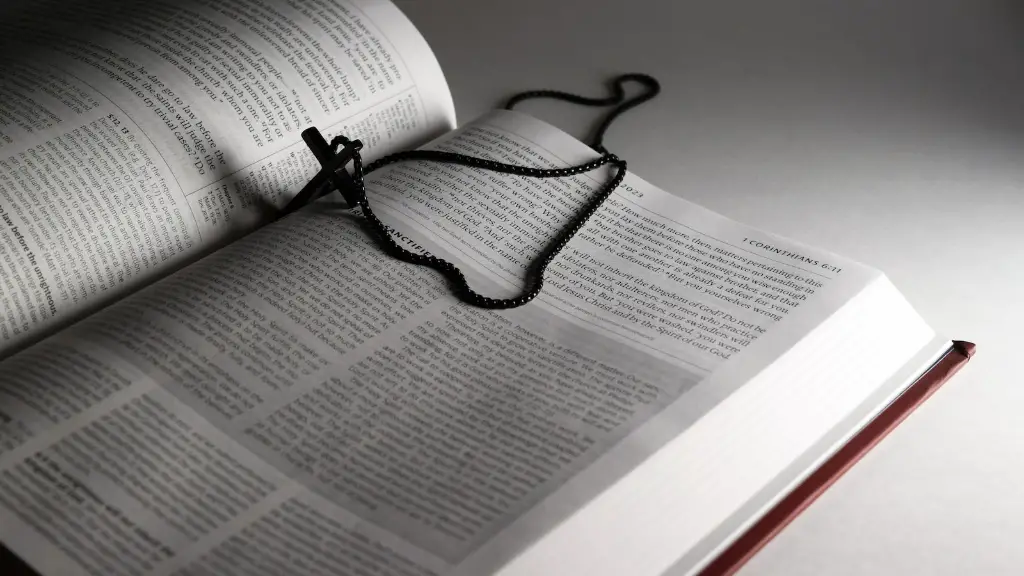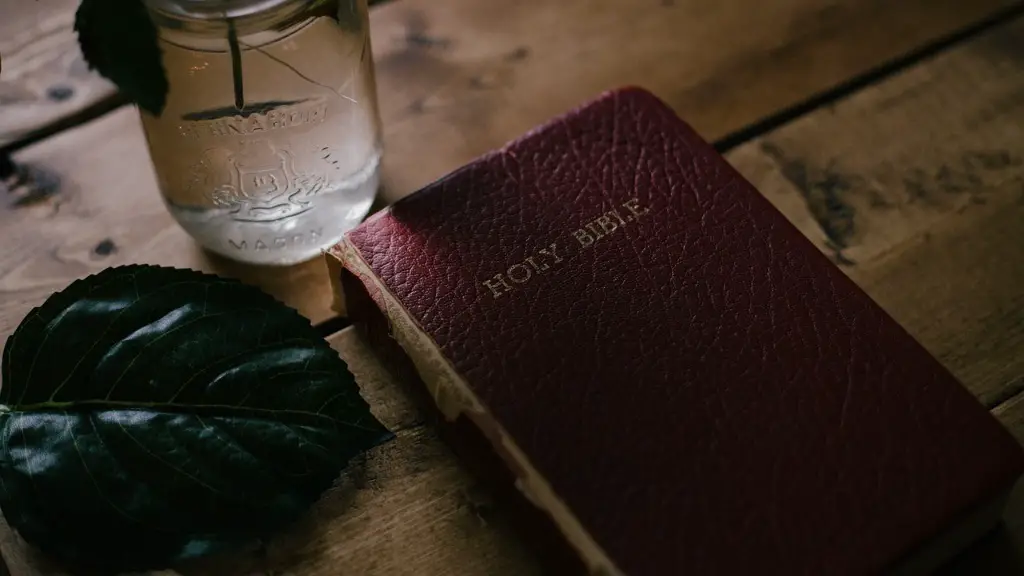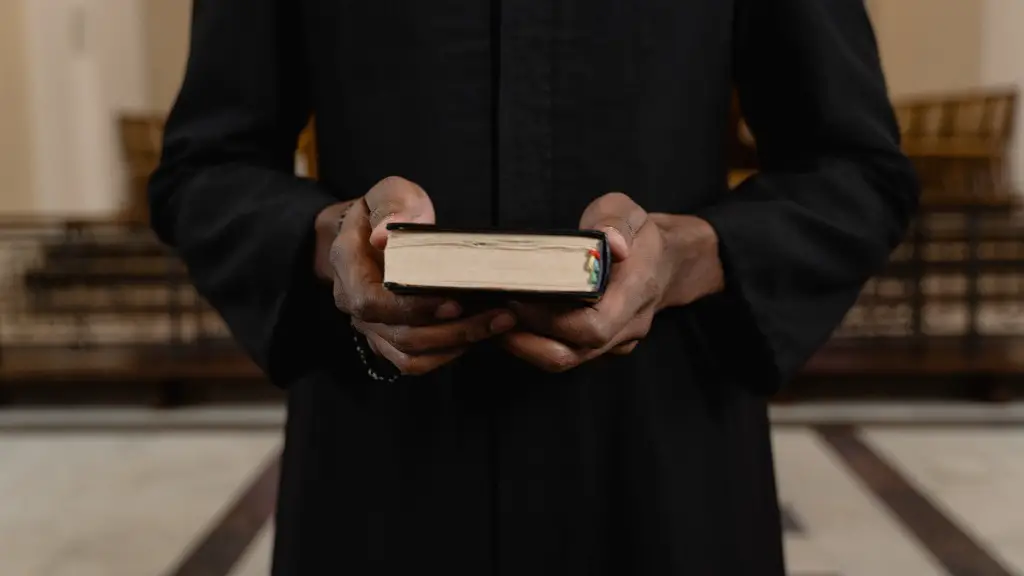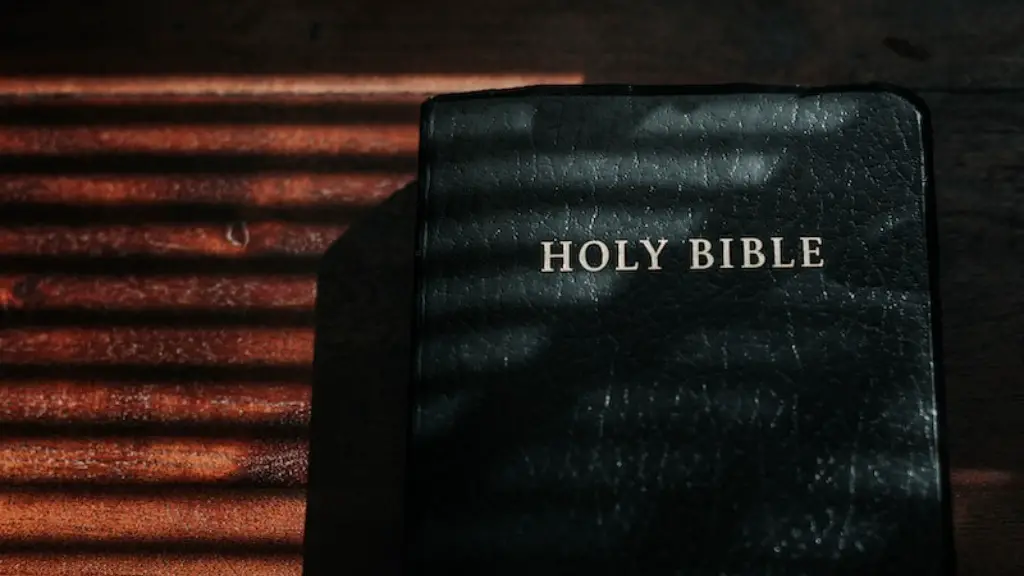Passover, also known as the Festival of Unleavened Bread, is an important Biblical holiday. It is mentioned in the Old Testament and, as such, is one of the oldest festivals still celebrated today. The name Passover comes from Exodus 12:11-13 when God instructs the Israelites to mark their doorposts with the blood of a lamb so that the angel of death would “pass over” their homes. This event was to serve as a reminder to the current and future generations of how God had delivered the children of Israel from slavery in Egypt.
Today, Passover is celebrated by Jews world-wide. The eight-day holiday begins on the fifteenth day of the Jewish month of Nissan. Thousands of people come together for festive meals, prayer services and family gatherings. Special prayers and rituals are performed such as eating matzah, or unleavened bread, drinking four cups of wine, and singing holiday songs.
The theme of freedom from slavery or oppression is the core message of Passover. For Jewish people, it is a time to remember their ancestors’ long journey from captivity to freedom. It is an opportunity to remind ourselves of how we were once oppressed and how we were liberated. The hope and message of freedom is something that transcends time, cultures and religions.
The Passover meal, or seder, is central to the celebration. It is a communal event where families and friends join together to remember the Exodus and read from the Haggadah, or book of scripture and ritual texts. The seder ritual begins with the lighting of the candles and then progresses to the washing of hands, the blessing of the wine and the Matzah, the eating of the Matzah, and the festive meal.
Many families have their own traditions and interpretations of the Passover celebration. Some celebrate for seven days and some for eight days. There are also diverse interpretations of the words and events found in the Bible. No matter how it is observed, the message of freedom is a unifying theme.
The Rituals of Passover
The Passover celebration involves various rituals that signify the deliverance of the Israelites from slavery in Egypt. One of the significant rituals is the Plagues of Egypt, which commemorates the ten plagues God sent to Egypt to persuade Pharaoh to free the Israelites. The plagues are recounted during the Passover seder and are often accompanied by re-enactments.
Another central ritual is the symbolic removal of leavened food from the home. The removal, or chametz, is to recall the haste of the Israelites’ escape from Egypt during the night. The Bible states that during the hasty departure, the Israelites were unable to bake their bread with yeast, hence, the need to eat unleavened bread instead. Other Passover rituals include eating bitter herbs, telling the story of Exodus, dipping the Karpas in salt water, eating a roasted lamb shank, and drinking four cups of wine.
The Passover seder is an important event for Jews to observe and celebrate, but it is also open to non-Jewish guests as well. This is done in recognition of the fact that the Israelites were once strangers in the land of Egypt, and this occasion serves to welcome guests in the same spirit.
The Significance of Passover
The celebration of Passover is linked to God’s covenant with his people. The original concept of Passover was God’s promise to always keep his people safe, just as he has done in the past. It can be seen as a reminder that God is present and watching over us, even when we are in the midst of challenges and difficulties. The spiritual connection between Passover and faith is also significant. The core message of Passover, liberation from oppression and freedom for all, serves as an inspirational reminder of God’s faithfulness. This freedom is a spiritual freedom from personal bondage and a reminder of our covenant with God.
Passover is a time of reflection and contemplation, a moment to reflect on our heritage and the ways in which we draw strength and courage from the stories of our ancestors. Passover is a reminder of righteousness, faith and commitment. It is a call to use our own experiences to draw strength and create greater opportunities for freedom and justice.
The Meaning of Passover For Non-Jews
Passover is not just a Jewish holiday; its call to freedom resonates with people of all faiths. The powerful messages of freedom, justice and mercy that the holiday conveys have the capacity to bridge faith groups, cultures and nations. Non-Jews can use Passover to look within themselves and ask how they can bring these important principles into their lives and their communities. People can consider what it means to break free from personal or social bonds that limit their freedom, or to help those around them who need liberation.
Passover can also serve as an opportunity for interfaith dialogue. All faiths have a core value of love and justice that is essential to their teachings and beliefs. Interfaith dialogue can help to foster mutual understanding and respect between different faith perspectives. Passover is an important opportunity to engage in meaningful conversations with those who may have different beliefs and experiences and to learn more about one another.
Modern Interpretations of Passover
Today, the Passover celebration has evolved and is interpreted in diverse ways. Reform and Conservative Jews have incorporated elements such as storytelling, singing and other activities into the seder. Others focus on how the holiday speaks to current political issues and events. For example, some focus on what the Exodus narrative means for immigrants and others emphasize the theme of oppression and liberation in relation to civil rights activities or other struggles for freedom.
Passover is celebrated in many countries around the world and each community creates its own unique and meaningful traditions. Whether the Passover celebration is traditional and spiritual or modern and political, the holiday is a timeless reminder of the power of liberation, justice and faith.
Interfaith Celebrations and Passover
Interfaith celebrations are becoming increasingly popular as a way to bring people of different faiths together to learn and celebrate. During Passover, both Jews and non-Jews can gather to commemorate the holiday and its celebration of freedom. Such gatherings give people an opportunity to explore, exchange ideas, share stories and engage in meaningful conversations. Such events provide a space for learning and growth, while creating community and friendship across faith lines.
Interfaith gatherings during Passover can also be an opportunity to explore the deeper meanings of freedom. People can come together to discuss how freedom can be manifested in day-to-day life, how it can be applied to current and historical struggles, and how to best use freedom as a tool for change. Passover is an opportunity to create a space where people can be open to learning from one another and can begin to find common ground and understanding.
Conclusion
Passover is a powerful and timeless holiday, deeply rooted in the Bible. The messages of freedom, justice, mercy and faith are at the core of the holiday and are applicable to people of all faiths. Passover can also be an opportunity for interfaith dialogue and sharing of stories, beliefs and experiences. Through this dialogue, people can foster mutual understanding, friendship and respect. In today’s world, Passover can be applied to current events and struggles in a way that serves to bring people together and reinforce the power of freedom and liberation. Passover is more than just a holiday; it is a reminder of how powerful hope and faith can be.
